Staff picks: existentialism and its roots
By Joe Fenn
Albert Camus’ 1947 novel The Plague is, understandably, receiving much renewed attention in these claustrophobic times. But Camus and his fellow existentialists – Jean Paul Sartre, Simone de Beauvoir, Martin Heidegger and others – offer more than unnervingly prescient stories of pestilence. They look also at the struggles of life, of forging meaning out of an indifferent universe, and at how and why we value what we do. Fitting subjects for reflection during a period when we are denied many of our favourite pleasures.
Clockwise from top left: Søren Kierkegaard, Fyodor Dostoevsky, Jean-Paul Sartre, Friedrich Nietzsche.
Simone de Beauvoir pictured in 1968.
As with any philosophical movement, the boundaries and origins of existentialism are subject to endless review. The label was first adopted by a group of intellectuals active in the post-war Paris of the 1940s, led by Sartre and de Beauvoir. Camus, whose relationship with Sartre was ambivalent, rejected the term on the grounds that it was used to refer to the specific philosophical positions within that circle. Nowadays, however, it refers broadly to a field of enquiry centred upon the embodied human experience and is applied not only to Camus, but also various thinkers who preceded him. Friedrich Nietzsche, Søren Kierkegaard, Fyodor Dostoevsky and even Sigmund Freud have all been considered existentialists.
Immanuel Kant's critique of pure reason, Vol. I., Immanuel Kant, 1881 [originally published 1781].
The movement’s roots can also be traced through the volumes of The Portico Library. German idealist Immanuel Kant’s work looms large over all of Western philosophy, and existentialism is no different. His work had enormous influence on Sartre and Heidegger, although both, like many others, tried to distance themselves from him. In its breakdown of the human faculties of reason, Kant’s Critique of Pure Reason treads some similar terrain to Camus and company, even if his aims and conclusions differ sharply. Kant himself frequently lionised Scottish Enlightenment figurehead David Hume for awakening the Prussian from his ‘dogmatic slumber’. The works of Kant and Hume are both available to read online for free, if you are of an auto-sadistic nature and have about three weeks to spare.
Immanuel Kant (1724-1804) painted by Gottlieb Doebler, 1791.
The philosophical works, including all the essays and exhibiting the more important alterations and corrections in the successive editions published by the author. David Hume, 1854 [originally published 1826].
As an easier route into the subject, the Stanford Encyclopaedia of Philosophy is a good place to start. This free, comprehensive online resource, written by an international team of leading academics, offers accessible introductions to existentialism and many other branches of Western thought, plus well-curated references to pursue further reading. To the right sort of person, it can be as inviting a rabbit hole as YouTube or Wikipedia.
For those not of that sort, BBC Radio 4 recently ran an inventive and engaging programme on existentialism and cinema. The pair go well together, and the programme teases interesting philosophical points out of films as unlikely as Bridget Jones’s Diary. Indeed, philosophy and cinema have a well-established relationship, as explored on Radio 3 in January. There will be a lot of Netflix binged over the coming weeks of quarantine and isolation; we may as well be watching in an engaged and thoughtful manner. Or, at least, allaying our guilt by telling ourselves that we are.
Joe Fenn is The Portico Library’s Kitchen Manager.



![Immanuel Kant's critique of pure reason, Vol. I., Immanuel Kant, 1881 [originally published 1781].](https://images.squarespace-cdn.com/content/v1/6063581e3e356f4ceeed1b02/1617123856463-YUCEFCHX1LDXB2I0QUZH/DSC04213+%281%29.JPG)


![The philosophical works, including all the essays and exhibiting the more important alterations and corrections in the successive editions published by the author. David Hume, 1854 [originally published 1826].](https://images.squarespace-cdn.com/content/v1/6063581e3e356f4ceeed1b02/1617123856475-KIYRD0FJHLCRSSHB8J2W/DSC04224.JPG)